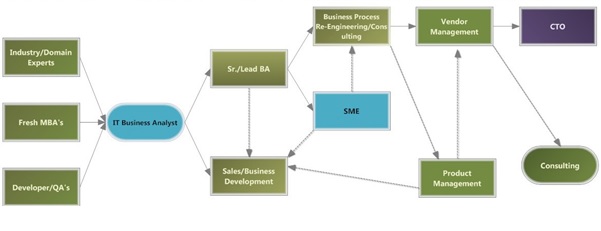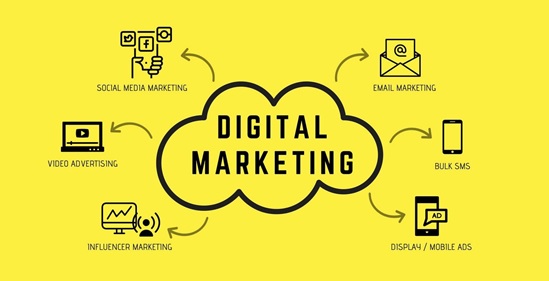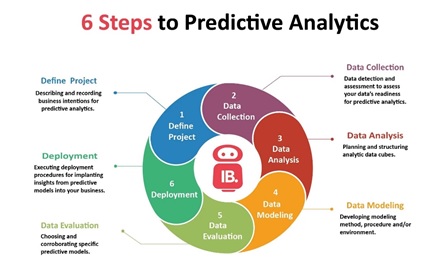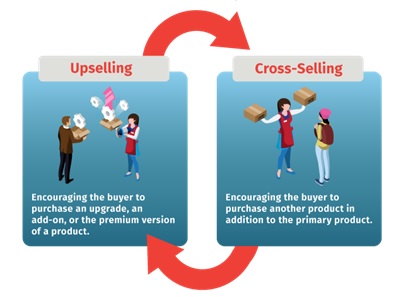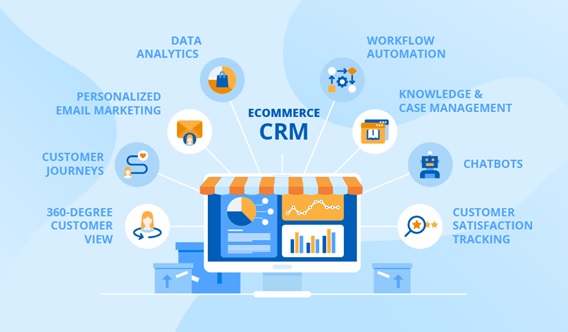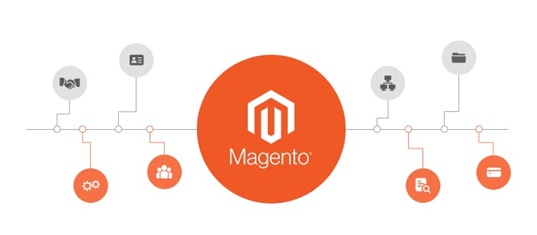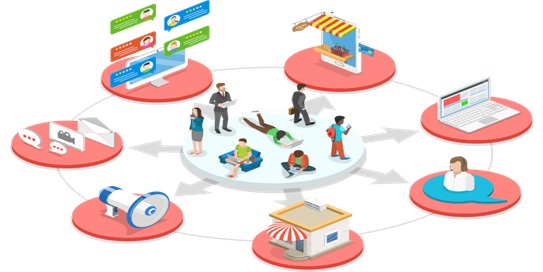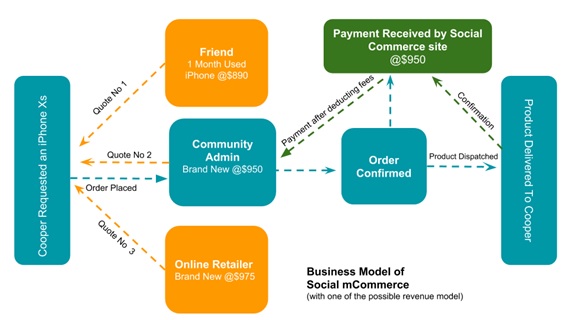A Modern: Digital Marketing
At a high level, digital marketing refers to advertising delivered through digital channels such as search engines, websites, social media, email, and mobile apps. Using these online media channels, digital marketing is the method by which companies endorse goods, services, and brands. Consumers heavily rely on digital means to research products. [1] For example, Think with Google marketing insights found that 48% of consumers start their inquiries on search engines, while 33% look to brand websites and 26% search within mobile applications.
While modern day digital marketing is an enormous system of channels to which marketers simply must onboard their brands, advertising online is much more complex than the channels alone. In order to achieve the true potential of digital marketing, marketers have to dig deep into today’s vast and intricate cross-channel world to discover strategies that make an impact through engagement marketing. Engagement marketing is the method of forming meaningful interactions with potential and returning customers based on the data you collect over time. By engaging customers in a digital landscape, you build brand awareness, set yourself as an industry thought leader, and place your business at the forefront when the customer is ready to buy. Figure 1 shows the Digital Marketing.
Digital marketing works for B2B as well as B2C companies, [2] but best practices differ significantly between the 2.
- B2B clients tend to have longer decision-making processes, and thus longer sales funnels. Relationship-building strategies work better for these clients, whereas B2C customers tend to respond better to short-term offers and messages.
- B2B transactions are usually based on logic and evidence, which is what skilled B2B digital marketers present. B2C content is more likely to be emotionally-based, focusing on making the customer feel good about a purchase.
- B2B decisions tend to need more than 1 person's input. The marketing materials that best drive these decisions tend to be shareable and downloadable. B2C customers, on the other hand, favor one-on-one connections with a brand.

Figure 1. Digital Marketing
More specifically, digital marketing can help businesses achieve any or all of the following benefits [3]:
- Global Reach — Unlike traditional methods, digital marketing is not necessarily bound to a specific geographic area. The internet is available to customers across the globe. This allows businesses to market and sell to customers who live in a different state or country, removing many traditional barriers to entry.
- Low Cost of Entry — To achieve the global reach of digital marketing through traditional channels, there would be a serious price tag attached. On the other hand, certain aspects of digital marketing can be achieved with a small investment of time and resources. For example, even small or startup businesses can create a website, manage social media and publish blogs without breaking the bank.
- Measurable ROI — In order to maximize profits, businesses must carefully evaluate return on investment (ROI). With traditional marketing, ROI can be difficult, sometimes impossible, to measure. [4] On the other hand, digital marketing provides real-time visibility into the effectiveness of each campaign, enabling business leaders to make well-informed decisions to drive revenue and increase profit.
- Improved Targeting — Digital marketing allows businesses to target very specific demographics of potential customers. By engaging customers in a particular geography, industry or social channel, businesses have a much better chance of reaching their target demographic.
- Dynamic Adaptability — Digital marketing strategies are extremely malleable and flexible, enabling businesses to adjust course when needed. Unlike long-term, traditional marketing campaigns, businesses can adjust their digital efforts on the fly, enabling quick pivots when necessary to realize commercial opportunity.
- Immediate Connection — Before making a purchase, modern customers generally conduct online research and evaluate reviews. The first step in this process typically starts with a search engine. In this way, businesses with developed SEO, SEM and PPC strategies can connect immediately with customers.
- Relationship Building — The rise of social media has turned it into a dominant communications platform for many customer demographics. Furthermore, customers increasingly want to interact with businesses on their terms and on their preferred platform. As a result, businesses that engage in effective SMM practices can build long time and loyal relationships with current and prospective customers.
References:
- https://www.marketo.com/digital-marketing/
- https://mailchimp.com/marketing-glossary/digital-marketing/
- https://neilpatel.com/what-is-digital-marketing/
- https://www.ama.org/pages/what-is-digital-marketing/
Cite this article:
Vinotha D (2021), A Modern: Digital Marketing, AnaTechMaz, pp. 2


